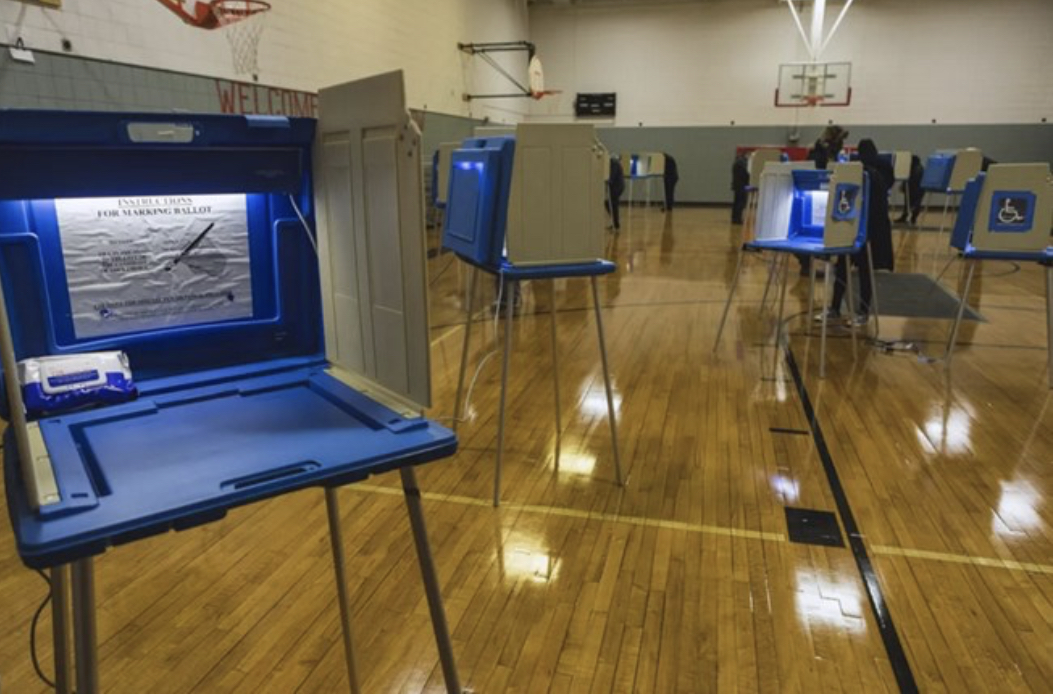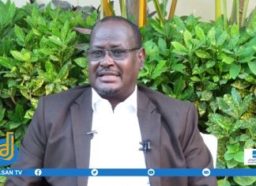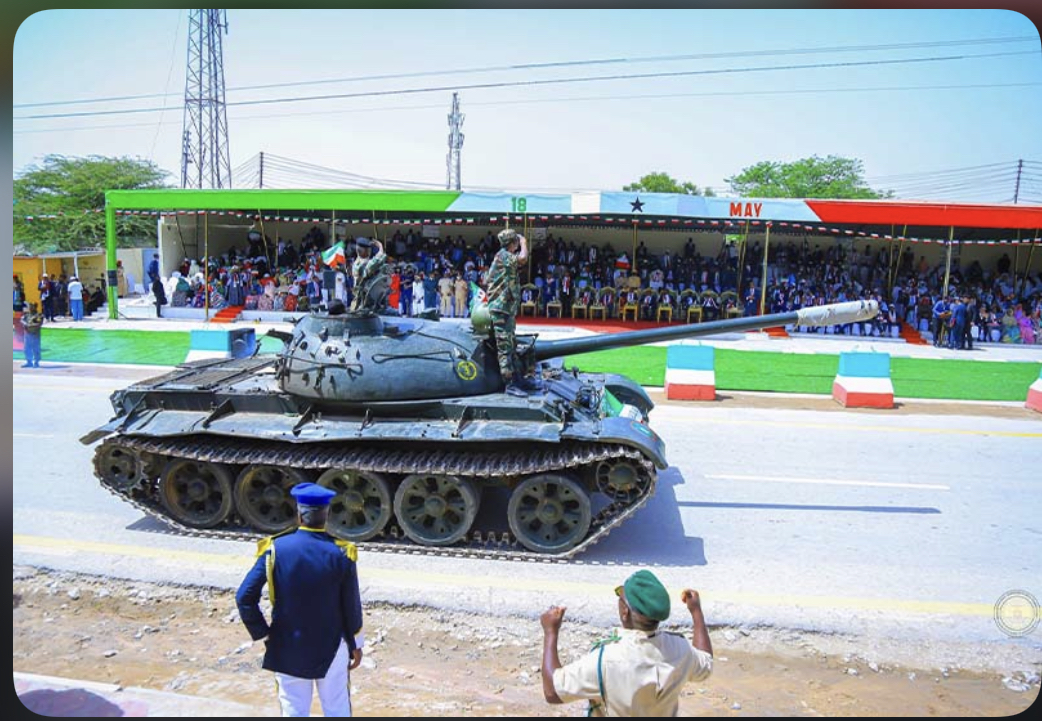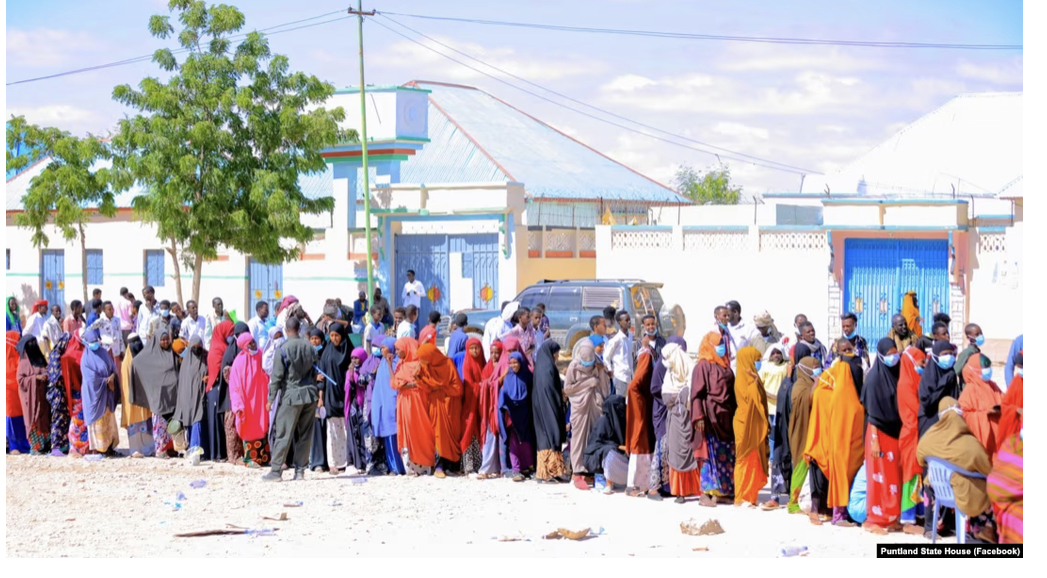Share the post "FBI election crimes investigator interviewed Somali American elders in Minneapolis."
The FBI recently questioned several Somali American residents living in a south Minneapolis highrise about their voting methods in a 2020 special city election, according to multiple firsthand accounts provided to Sahan Journal…
Over the course of a few days in early February, an FBI agent and a Somali interpreter interviewed at least three people who are neighbors in a public housing complex with many Somali residents. Two said they were interviewed by the same agent, and one showed Sahan Journal the business card left by the agent. It belonged to Special Agent Charles Burnham, who is listed online as the “Minneapolis election crime coordinator” for the FBI.
“He was asking questions like, ‘Did you vote?’ ‘Who took you to the station?’ ‘Who helped you with the application for filling out the forms?’” said Ismail, one of the individuals who said he spoke to the FBI agent. “They never explained to us why they were asking these questions.”
The reason for the FBI’s interest in the August 2020 special election is unclear. When reached by phone, Burnham declined to comment on the interviews and referred Sahan Journal to an FBI spokesperson, Citing FBI policy, spokesperson Michael Kulstad said his office would neither confirm nor deny the existence of investigations into voting in Minneapolis.
An online presentation attributed to Burnham details the types of suspected voter fraud that the FBI investigates. It defines voter fraud as corrupting the way voters are registered and ballots are cast. It lists “vote buying,” “intimidation,” and “aggressive assistance” as common forms of ballot fraud.
A spokesperson for Secretary of State Steve Simon said his office is not aware of the FBI questioning Minnesota voters this year, ”We know that investigations for voting crimes are really, really uncommon,” Peter Bartz-Ghallager, the spokesperson, said.
In total, five people spoke to Sahan Journal about visits from the FBI. They came forward with their accounts, they explained, after feeling shaken by the incidents. Each spoke to a pair of reporters on the condition Sahan Journal publish only a first name and not specify the apartment complex where they live. They spoke predominantly in Somali, but sometimes answered questions posed in English.




